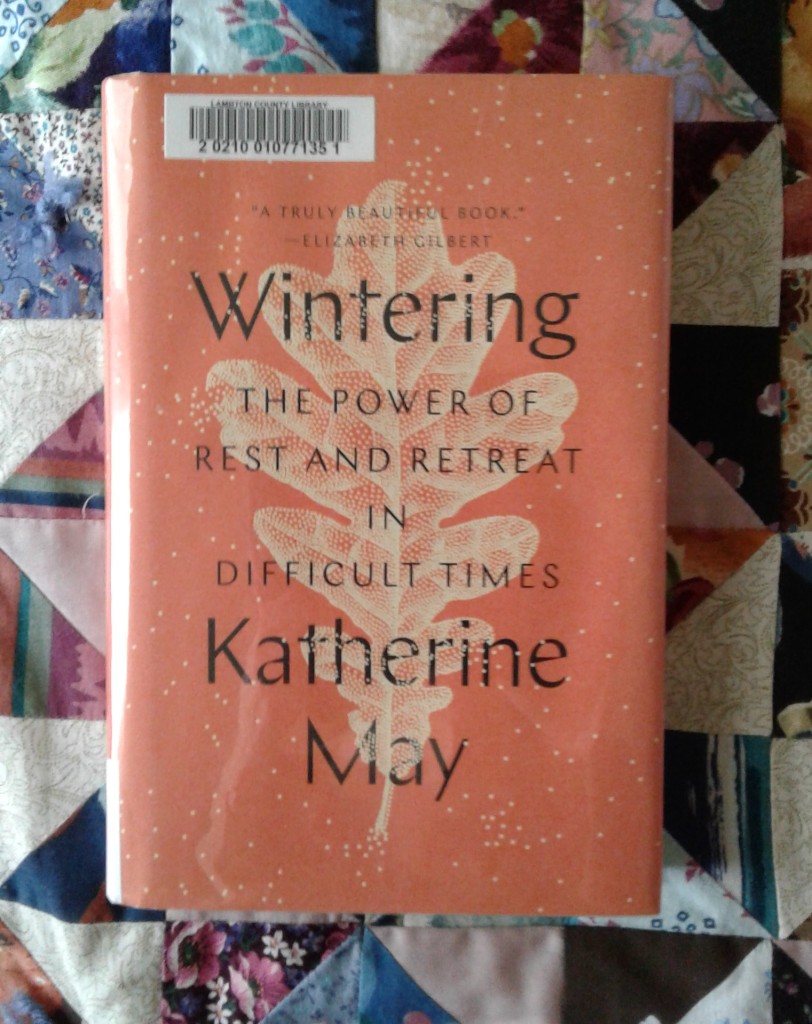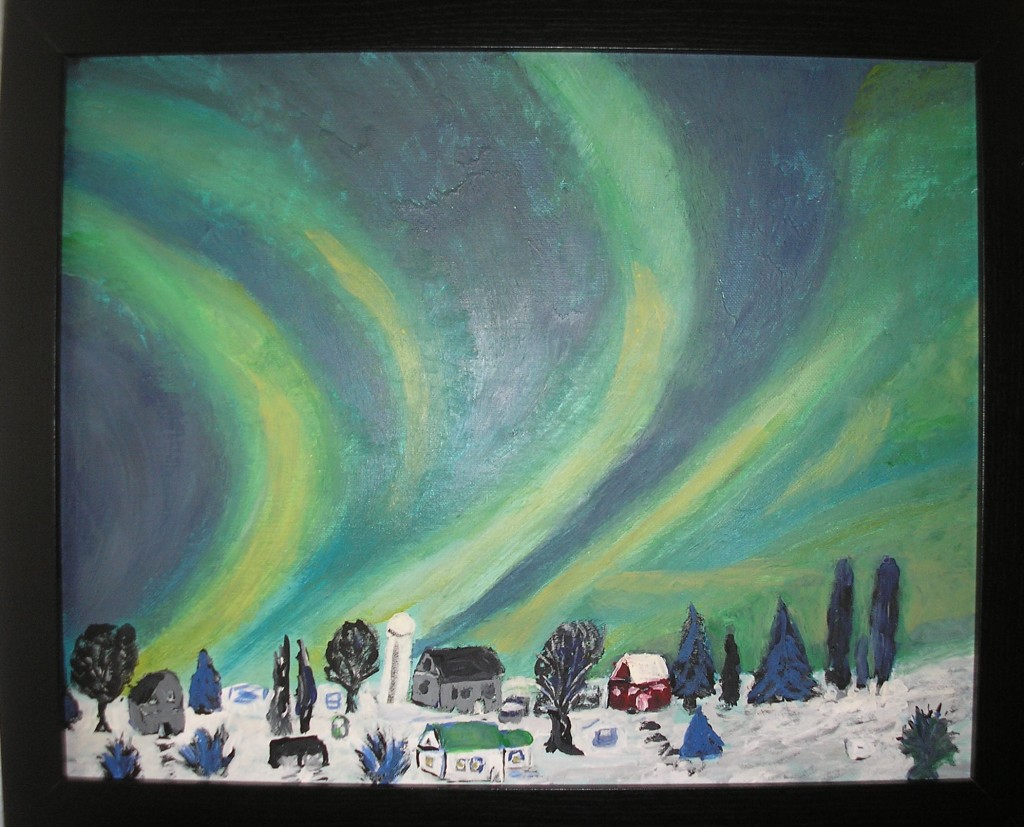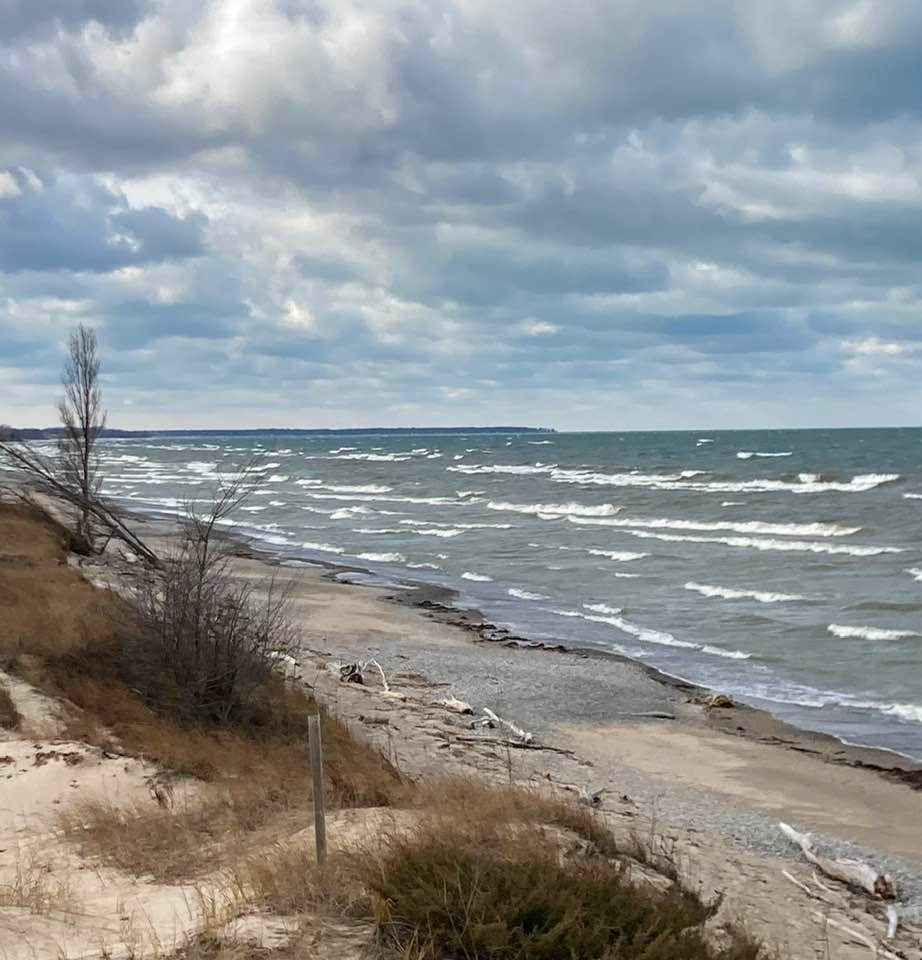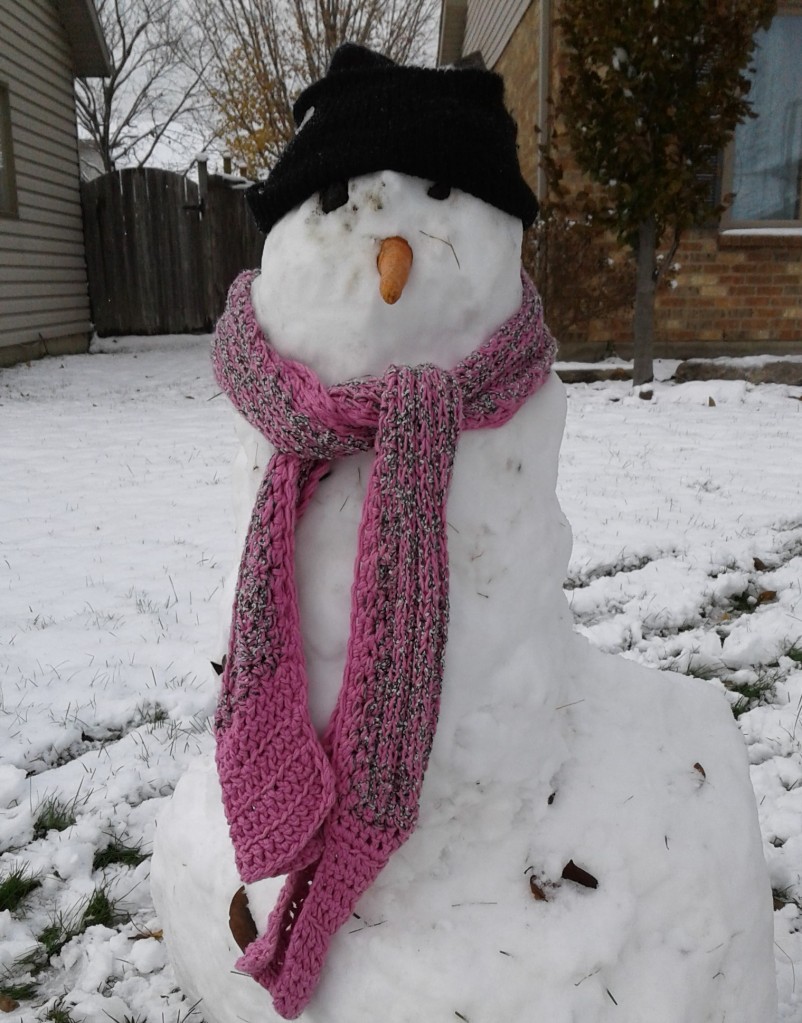If wintering is a verb then we all need to learn to winter – to rest and recharge, especially in difficult times. Wintering can be a season to survive, a respite from the busyness of the rest of the year, or a state of mind such as a feeling sad or depressed.
Winter is often a time for retreat – never more so than this year. Usually I don’t mind the month of January, and enjoy the excuse to stay home when the weather turns nasty, but this year it just seems like more of the same. So it was with interest that I saw a review on someone’s blog of a non-fiction book called Wintering, by Katherine May. As I sometimes enjoy a light philosophical read, I ordered it from the library, but found it so interesting and well written that it might go on my purchase list. (I usually only buy books I intend to re-read.)

Here’s the Publishers Blurb: Sometimes you slip through the cracks: unforeseen circumstances like an abrupt illness, the death of a loved one, a break-up, or a job loss can derail a life. These periods of dislocation can be lonely and unexpected. For May, her husband fell ill, her son stopped attending school, and her own medical issues led her to leave a demanding job. Wintering explores how she not only endured this painful time, but embraced the singular opportunities it offered.
A moving personal narrative shot through with lessons from literature, mythology, and the natural world, May’s story offers instruction on the transformative power of rest and retreat. Illumination emerges from many sources: solstice celebrations and dormice hibernation, C.S. Lewis and Sylvia Plath, swimming in icy waters and sailing arctic seas.
Ultimately Wintering invites us to change how we relate to our own fallow times. May models an active acceptance of sadness and finds nourishment in deep retreat, joy in the hushed beauty of winter, and encouragement in understanding life as cyclical, not linear. A secular mystic, May forms a guiding philosophy for transforming the hardships that arise before the ushering in of a new season.
About the Author:
Katherine May is a freelance writer of both fiction and nonfiction, and previous creative writing teacher. Her journalism and essays have appeared in a number of publications, including The Times, Good Housekeeping and Cosmopolitan. In the book she reveals she has Asperger’s Syndrome. “I learned to winter young. As one of the many girls of my age whose autism went undiagnosed, I spent a childhood permanently out in the cold.” (page 11)
Discussion:
As we’ve just passed the winter solstice, this is a book to curl up with and enjoy in the deep dark depths of January.
The book is a series of personal essays, divided into chapters, from September to March, with further sub-titles such as Slumber, Light, Midwinter, Snow, Cold Water, and Thaw.
I especially enjoyed the chapters on hibernation, (who knew dormice and bees could be so interesting), slumber (isn’t it always easier to sleep in the winter), and light (seeking out the northern lights in Norway). As the author lives by the sea in England, and has not experienced the full force of a brutal snow-filled winter, she journeyed north to seek the cold and snow and to view the Northern Lights.

She also visited Stonehenge during the Winter Solstice. There’s a chapter on light (the festival of St. Lucia), on cold water (taking the polar bear plunge) and snow (winter walks in nature are much easier on a British beach than trudging through snowdrifts).

Here’s a Goodreads link to some quotes from the book for a sample of her writing. The prose is so lovely, I would recommend it for that reason alone, even if you weren’t interested in the topic. No wonder Elizabeth Gilbert praised it as “a truly beautiful book.”
She also mentions a poem by Syliva Path titled “Wintering” which I was not familiar with, but I imagine inspired the title of the book.
It’s difficult to sum up what this book is actually about, it’s not advice, or self-help, but more meditative reflections on a season we all must go through.

